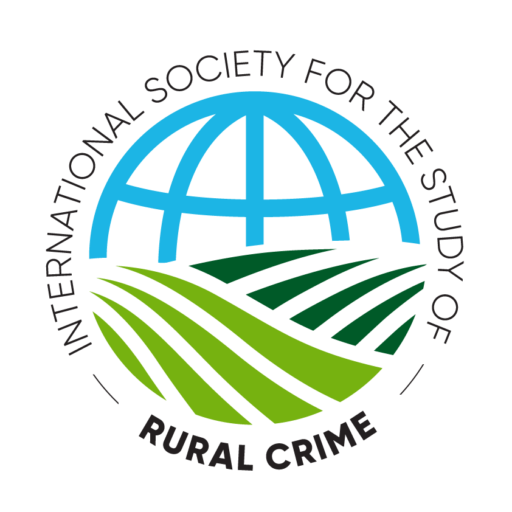Barriers faced by rural police services
Following is the first of a series of short topic snapshots, prepared by Joseph Loades, a research student with the Centre for Rural Criminology at the University of New England.
 Rural police services experience adversities that differ from urban areas, including the geographical distances that are needed to be covered, lack of government funding, minimal transport infrastructure, high rates of unemployment and poverty of residents, and rising rates of violent crime and property offences compared to non-urban areas.
Rural police services experience adversities that differ from urban areas, including the geographical distances that are needed to be covered, lack of government funding, minimal transport infrastructure, high rates of unemployment and poverty of residents, and rising rates of violent crime and property offences compared to non-urban areas.
Whilst police in urban areas face an extensive array of crimes and the suspects are mostly unknown to the police, rural police are based in communities where social networks are smaller, most members of the community are known to police, and a subjective and interdependent form of policing is used. In rural communities that are subject to an interdependent form of policing, crimes are generally lower than metropolitan areas and rural communities that use an objective and dependent form of policing (Nolan, DeKeseredy and Brownstein. 2022).
Within many rural communities’ economic resources tend to be limited due to deindustrialisation. Adversities such as unemployment, poor health, poverty, a lack physical and non-physical resources, and a high prevalence of crime is experienced in the lower economic status (LES). Economic statuses can dislodge bonds between varying social groups and cultures, creating issues for rural police – who are also part of the local community. The adversities experienced within the LES have been shown to be connected to higher rates of victimisation and offending, which is intergenerational in nature, and can become a part of community culture (Day et al. 2018).
Lack of government funding to rural police agencies can create many issues, which include low staff numbers, and a lack of police operated harm reduction methods, and police community service interventions. Wooley and Smith (2022) explain that rural police are often understaffed, under-trained, lack adequate equipment, have less time to spend on public relation exercises, which leads to a higher degree of scrutiny within their jurisdiction.
Furthermore, rural communities have a higher degree of conservative attitudes, gun ownership, have a higher population of white residents and extremist views, and a higher level of aversion to government interference and employment of personal social control. These physical and non-physical barriers, combined with large territorial jurisdictions make policing a challenging task.

The expansive geographical areas that need to be covered to access police services not only affects those needing to attend police stations for varying reasons, such as the face-to-face reporting of crime, it also affects the police who need to attend urgent crimes and motor vehicle accidents (Yarwood and Cozens, 2022). The large geographical distances affect police response times to attend urgent situations such as violent offences and property crimes, which are increasing within rural locations (Carcach 2000).
For rural police services to become more efficient, government funding needs to be addressed for police to expand harm reduction and public relation methods. Human resources are also required to alleviate the high rate of adversities suffered by rural residents and break down the economic barriers between social groups.
(Images sourced from pixels.com)
References
Carcach, C. (2000). Size, accessibility and crime in regional Australia (pp. 1-6). Canberra, Australia: Australian Institute of Criminology. https://www.aic.gov.au/sites/default/files/2020-05/tandi175.pdf
Day, A., Casey, S., Gerace, A., Oster, C. & O’Kane, D. (2018). The forgotten victims: Prisoner experience of victimisation and engagement with the criminal justice system. https://researchonline.jcu.edu.au/55219/1/Day%20et%20al%20-%20Research%20Report%20-%20The%20Forgotten%20Victims.pdf
Nolan, J. J., DeKeseredy, W. S. & Brownstein, H. H. (2022). Police Ethics in Rural Contexts: A Left Realist Consequentialist View. International Journal of Rural Criminology, 7(1), 1-23. https://ruralcriminology.org/index.php/IJRC/article/view/8958/7736
Wooley, M. J. & Smith, S. Z. (2022). Reaching Rural Police: Challenges, Implications, and Applications. Crisis, Stress, and Human Resilience: An International Journal, 4(1), 66-84. https://www.crisisjournal.org/article/36378-reaching-rural-police-challenges-implications-and-applications
Yarwood, R. & Cozens, C. (2017). Constable countryside? Police perspectives on rural Britain. In Geographies of rural cultures and societies (pp. 145-170). Routledge.
